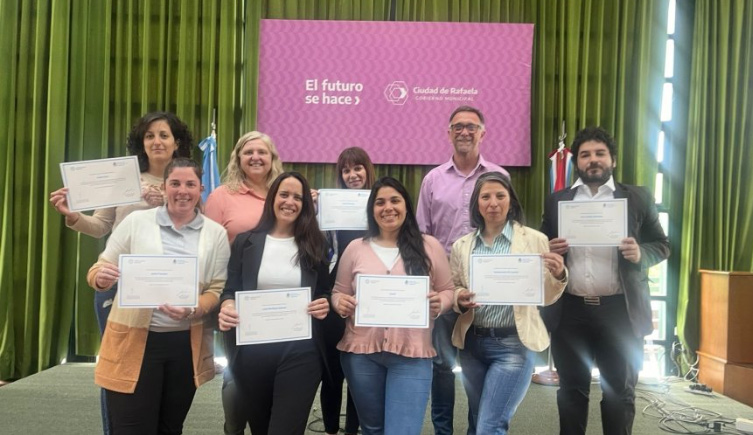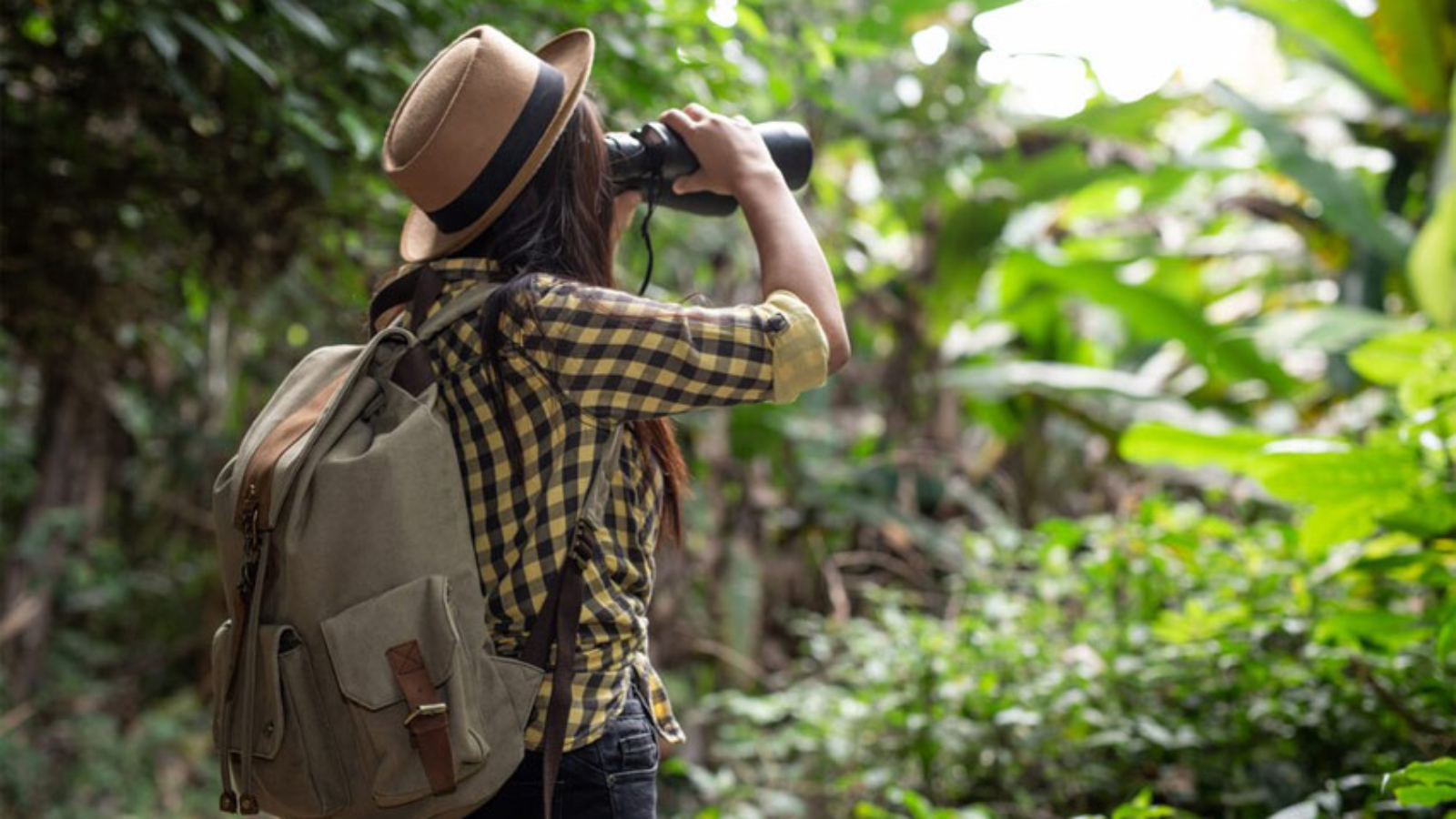Argentina is charting a new tourism map where sustainability is no longer an option, but a necessity. And in this paradigm shift, education becomes the engine of change.
Across the country, programs are multiplying that train tour operators, students, small businesses, and local communities in sustainable practices that care for the environment, promote social inclusion, and foster territorial development.
In this article, we explore how different training initiatives are having a real impact in emblematic destinations such as Iguazú, Rafaela, and Argentina’s network of nature reserves—building a more just, responsible, and future-ready tourism sector.
Training that leaves a mark (but not a carbon one)
In December 2023, the city of Rafaela hosted a training program focused on environmental sustainability, involving hotels, bars, restaurants, and tourism operators. The goal was clear: to move toward a tourism management model that is more conscious of its environmental impact.
The initiative included workshops on carbon footprint measurement, tools for diagnosing environmental impact, and mitigation strategies tailored to the local context. Coordinated with the local government, the program enabled companies to gain knowledge to operate more responsibly without compromising their competitiveness.

Beyond technical content, the training encouraged a collaborative approach, inviting all stakeholders to view sustainability as a shared commitment—where every decision matters in building more responsible destinations.
“During the training, we addressed all the issues related to how each of these businesses can reduce their environmental impact, measuring their carbon footprint and from there, planning future steps,” said Diego Peiretti, Secretary of Production, Employment, and Innovation.
Iguazú and the power of good practices
In May 2024, Puerto Iguazú—one of Argentina’s most iconic tourist destinations—hosted a five-month training cycle focused on the Sustainable Tourism Guidelines. Organizations from various sectors participated in this program, which combined environmental, sociocultural, and economic education.
The goal: to minimize the negative impacts of tourism and strengthen local capacity to maintain a high-quality, low-impact tourism offering over time.
The training content ranged from waste management and energy efficiency to protecting natural and cultural heritage. Additionally, the good practices were adapted to each local context, with technical guidance provided by expert professionals.
According to La Voz de Cataratas, the training helped create connections between traditionally separate actors, consolidating a local network with a renewed perspective on the role tourism can and should play in the region.
E.S.T.AR: a school for the future of Argentine tourism
One of the most notable milestones in sustainable tourism training was the creation of the Argentine School of Tourism Sustainability (ESTAR) and its launch of the “Territorial Change Agent” program in 2023.
This initiative offers a training approach that combines a tourism perspective with regenerative development principles, focusing professional practice on environmental and community care.
What sets ESTAR apart is its methodology: hands-on training, content designed with a territorial focus, and a real commitment to implementing what is learned. Graduates not only understand sustainability principles—they are equipped to apply, measure, and turn them into drivers of change.
“Every action in a territory becomes reciprocal. That’s why empathy, tolerance, and respect must be present in all practices. The spark we propose is to analyze actions and the importance of being an agent who walks the territory, who knows the land and its rhythms, and who strives to build a reality that is fairer for both people and the planet”, said Hervé Lantecheverry, co-founder of E.S.T.AR.
According to Aviación News, the program offers practical training and tools tailored to local realities, focusing on regenerative models applicable to tourism.
Training that empowers communities: the role of natural reserves
The collaborative work between Fundación Vida Silvestre Argentina and the National Ministry of Tourism also stands out on the national training map.
Through a training program in sustainable tourism for private nature reserve staff and nearby communities, the initiative seeks to enhance local capacity to develop quality tourism activities anchored in biodiversity protection and community participation.
The program covers topics such as participatory planning, interpretation of natural and cultural heritage, and marketing of sustainable tourism products.
These kinds of programs are essential not only because they provide technical tools, but also because they value local knowledge, empower communities, and promote a form of tourism that integrates with its environment instead of exploiting it.
Knowledge as the foundation for the tourism of tomorrow
All of these experiences share a common thread: the conviction that training is the key to transforming tourism into a sustainable, inclusive, and digitally empowered activity.
It’s no longer enough for destinations to be attractive. Today, sustainability and adaptability to environmental and social challenges are decisive factors for tourism competitiveness.
And this requires trained professionals, public managers equipped with up-to-date tools, informed communities, and a private sector aligned with the Sustainable Development Goals.
Training to change realities
Argentina is writing a new tourism narrative, where training is not an accessory—but the starting point.
Every training session, every workshop, every specialized school represents a strategic investment in the future. A guide who learns to protect their environment, a small business that measures its carbon footprint, or a community that respectfully integrates tourism into daily life—these are the real agents of change.
At Dual Tourism, we celebrate and support these initiatives, confident that education transforms, empowers, and builds bridges toward a tourism that is not only profitable, but also regenerative, fair, and deeply human.


